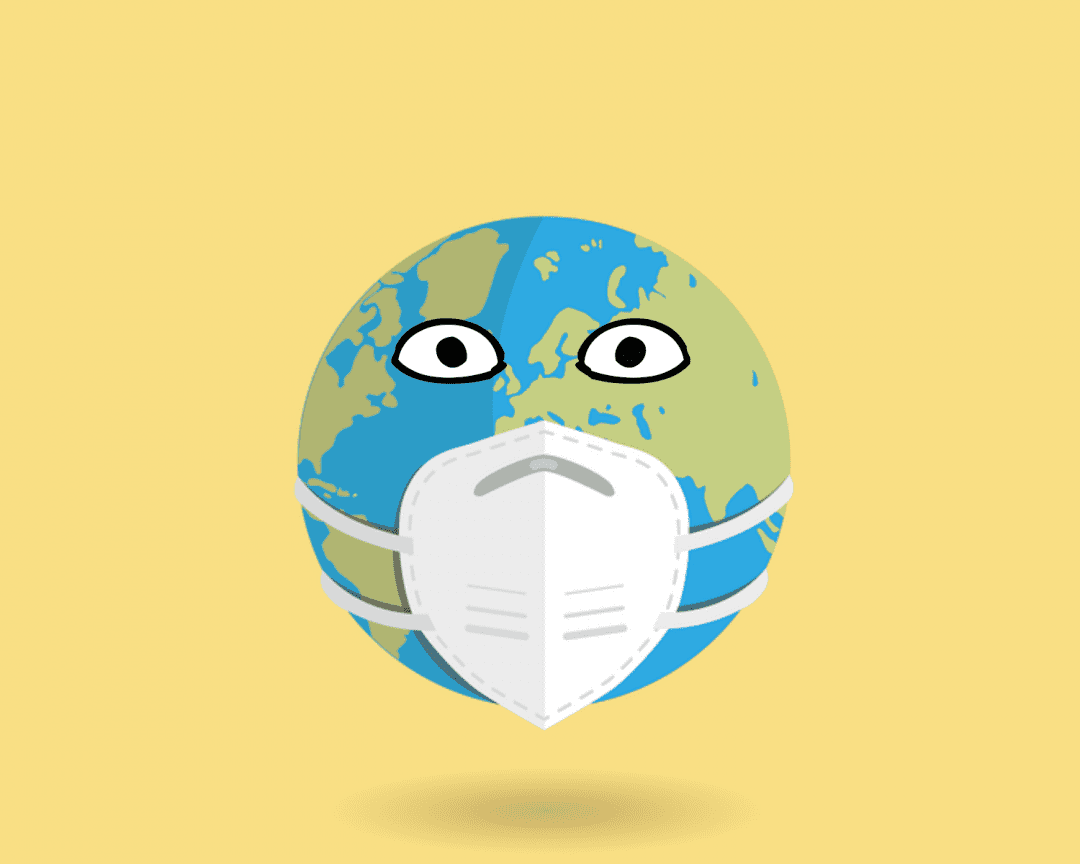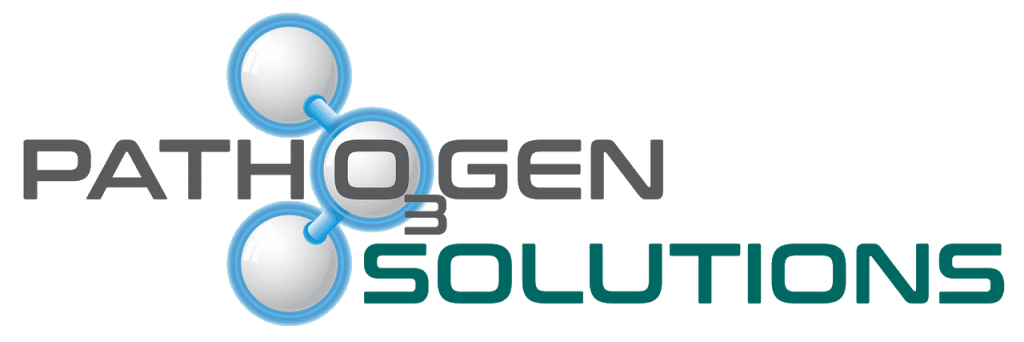5 Takeaways From Infection Prevention Week 2020

Illness and infection are likely already at the forefront of your mind as COVID-19 continues to spread in the United States. But did you know there is a week dedicated to raising awareness about spreading infections? It’s called International Infection Prevention Week and it takes place October 18-24 this year.
International Infection Prevention Week aims to inform both health care workers and the public on what they can do to stop the spread of all infections, including COVID-19. Read on to discover 5 takeaways on how you can help prevent the spread of infections in your own life.
1. It Starts With Your Hands
Regular hand washing can help stop diseases in their tracks. When you don’t wash your hands, you become a transmitter and can spread pathogens like wildfire to others.
Wash your hands according to CDC guidelines to make sure they’re clean. This means thoroughly lathering with soap and warm water for 20 seconds, or the time it takes for you to sing happy birthday twice. If you are in a public bathroom, turn the faucet off with a paper towel. Don’t directly touch the faucet with your hands as it could be a breeding ground for bacteria.
Wash your hands after using the bathroom, coughing, sneezing, or visiting any public space.
2. Stop Touching Your Face
Touching your face is terrible for cosmetic reasons. It can lead to acne and breakouts. But more importantly, it’s dangerous for your health. It’s estimated that people touch their face about 23 times per hour. That’s 23 opportunities for bacteria to end up in your eyes or mouth and make you sick.
Try to replace the face-touching habit with something else like playing with a rubber band on your wrist, or better yet, washing your hands!
3. Take Food Preparation Seriously
Food is meant to nourish you from the inside out. Too often, however, food gets contaminated and ends up leaving you with a stomach ache. This means you have to take food preparation seriously. Keep the area where you prepare food clean and tidy.
Be sure to clean utensils immediately after working with uncooked meat or raw eggs. Always refrigerate food when you’re done with it. Food that is left out in the open can become a safe haven for harmful bacteria. Finally, never eat food past its expiration date.
4. Understand Antibiotics
Antibiotics are important, life-saving drugs used to fight bacterial infections. However, if you take too many and for the wrong reasons, your body can develop immunity to them.
The Center For Disease Control estimates that 30 percent of antibiotics prescribed are not necessary. Do your due diligence before accepting an antibiotic prescription. Ask your doctor if it’s really necessary for you to be on the medication, or if your illness will go away on its own. If your doctor still recommends antibiotics, it’s imperative you keep taking them for the entire duration of the prescription. Failure to complete the dosage can cause bacteria to cling on and flare back up.
5. Wear Your Mask
Many illnesses, including COVID-19, are spread through respiratory droplets when a person sneezes, coughs, or spits while talking. Wearing a mask in public prevents you from spreading these respiratory droplets to others.
Always wear a mask when you’re going in an enclosed public space, or when it’s necessary to get within six feet of others. You never know when you might be carrying an infection but not showing symptoms. Wearing a mask keeps those around you safe from whatever illness you might have.
Want to learn more about the role you play in infection prevention? Check out more resources about Infection Prevention Week here. Wondering how PathO3gens Solutions can help curb the spread of dangerous microbes? Read more about our shoe sanitizing station and contact us for a free virtual demo.

